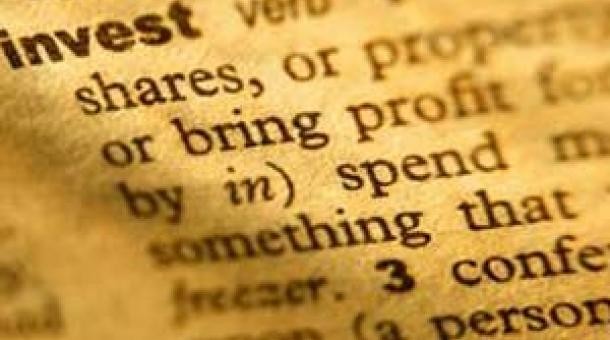Investment Clubs
Post on: 16 Март, 2015 No Comment

Every month, my wife and some of her friends go to one of their houses, fires up the fondue set, and has book club. They usually have a book picked out, since its book club and all, but the whole event is more about socializing than it is about books (theres nothing wrong with that). So, to counter this, the guys periodically have scotch night. We dispense with the pleasantries of calling it something else, its really about a bunch of guys getting together, enjoying some scotch, and hanging out. I dont want to change that but Im thinking we need a better counter event, something that at least sounds as productive as book club, and I fell upon the idea of starting an investment club.
Ive never been in an investment club before but ever since I started investing in the stock market a few years ago, Id been intruiged by the idea of starting or joining an investment club.
Investment Club Basics
Investment clubs can be as complicated or as simple as the members want it to be. You can get as involved as creating a partnership of the members, pooling funds, and collectively making decisions on which investments to put the clubs funds into. You can also go to the other extreme, simply getting a few friends together to talk about investing with no structured partnership and no pooled resources. For this posts purposes, Im going to talk about the first kind of investment club where members has a vested financial interest.
In fact, I want to go as far as saying that you should only join an investment club if members have to put in a little of their own money because that represents a vested financial interest. It can be as little as a few hundred dollars, but enough so that members are willing to be vested in the process. If there is no financial interest, members have no incentive to make the club meetings anything more than a social hour. Having nto had experience in an investment club, thats my opinion but I could be wrong.
Benefits of Investment Clubs

- Shared wisdom: The biggest benefit of investment clubs is the shared wisdom of your small crowd. Whereas you only have time to analyze a number of companies any one week, you can multiply that by the number of members you have. The depth of your research is affected by how many companies you want to look at, by restricting it to only a few, you have the luxury of going as deep as youd like.
- Diversified expertise: Everyone in your club will have different interests and hobbies, which can help in analyzing companies. Perhaps you have a golf junkie that can tell you that a particular companys plan to come out with a hot new driver is going to be a disaster. Perhaps you have a home theater guru who thinks the latest HD TV technology is going to flop. While you cant make decisions based on that sort of information, its certainly better to know, from someone would would be a potential customer, than to not know. If you dont play golf, you wont have easy access to that sentiment.
- Public speaking practice: In most investment clubs, members will be asked to analyze and report on a variety of companies. While youll probably be publicly speaking with your friends, it is an opportunity for you to practice your public speaking skills in a very unassuming, low-pressure scenario (depending on your investment club members!). Your presentation details will be scrutinized, analyzed, and questioned but all in a very low pressure scenario and will help polish your skills in a way only practice can.
- Forces you to analyze your decisions: You can make decisions in the safety of your home all you want, without ever putting them up to public scrutiny. You can win in the stock market and tell your friends or you can lose and then keep it to yourself; that ability to hide makes your decision making weaker than if every choice had to stand up to the scrutiny of your peers. That alone will increase the rigor of your analysis and force you to be more deliberate in your decision making.
- Improve your investment research and analysis skills: By virtue of having to research and analyze companies, then present that information, you get more practice and your skills will improve. Even if you never invest a dime, your ability to analyze a company will be much stronger and you will be better should the time come.
Drawbacks of Investment Clubs
While my plans of an investment club probably will fall on deaf ears (I dont think many of my friends are interested in that sort of thing), Im curious to hear about everyone elses experiences. are you part of an investment club? If so, you have any ideas or lessons learned you can share?














